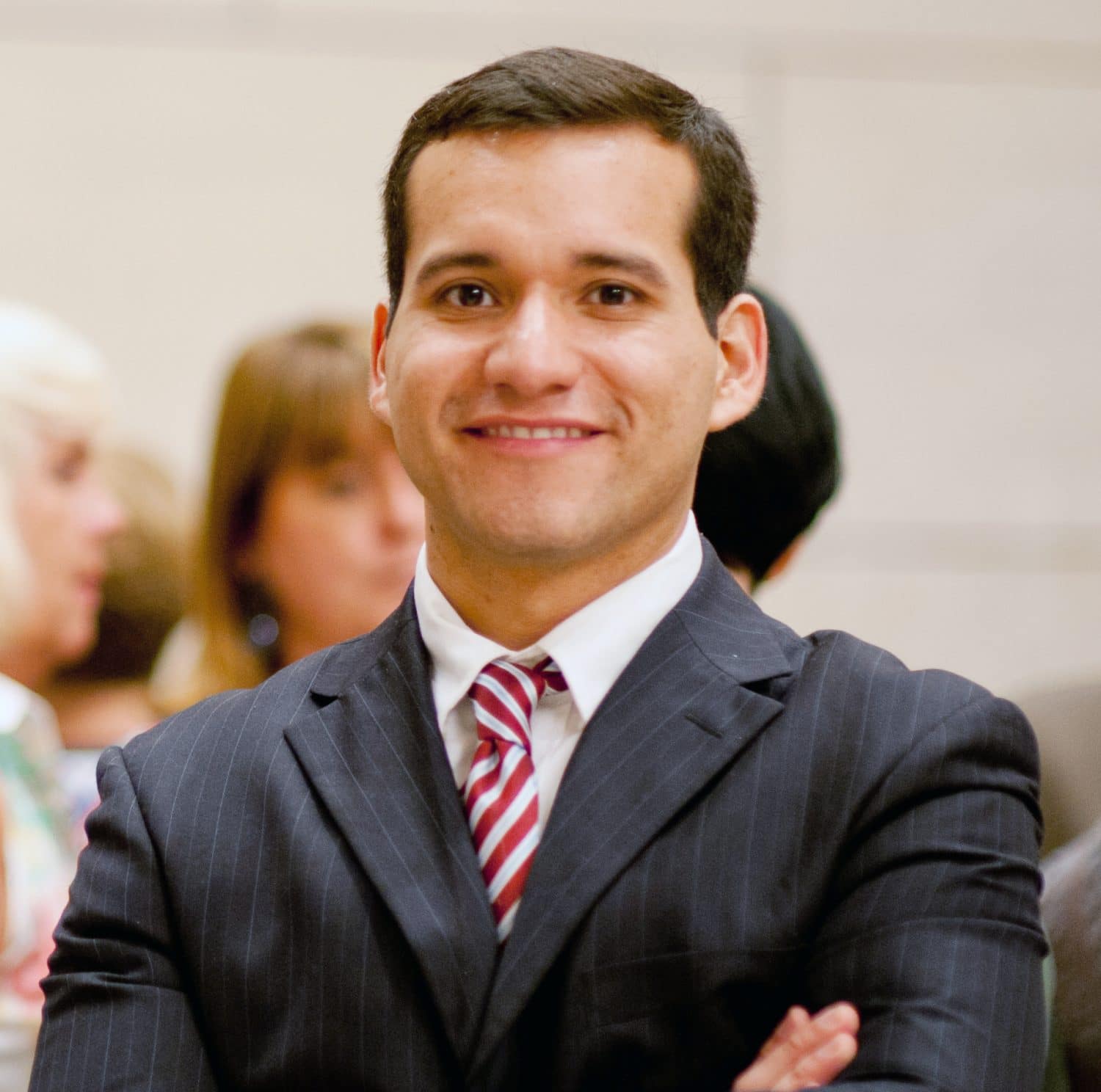Support and Challenge in Young Learners’ Group
I have been reading a lot in order to prepare some kids courses for the second semester and I have come across a very interesting discussion, again, in young learners’ field on how support and challenge in their lessons.
Learners in general, but I believe children more specifically, need a lot of support when learning, being it language or any other subject. This support can be emotional, enabling the bond and involvement needed between teachers, learners and the subject. If there is a rejection or any feeling of uneasiness I fear the whole learning process can be jeopardised.
In the case of our profession, it’s more than obvious that the children would also benefit from linguistic support. Most course, I believe, are designed to bring gradual and comprehensible, as Krashen’s Input Theory advocates, in such an amount of language so the children can be presented with it, practice and make sense of the lot. Language is normally presented in very concrete contexts catering for children developmental stages. Presentation of the words, which, according to Cameron (2001:73) are a key unit in building up skills and knowledge, begins with the use of nouns naming pictures. Bruner’s (1983) research shows that the first language items acquired by children are nouns for demonstrating what they are requesting, therefore, working with nouns seems to be a good starting point.
Cognitive support is also to be very present in children’s learning process. Establishing rules and routine may make them more comfortable and their affective filter lower. It may also represent a seeding time for learning autonomy as the children become more aware as time goes on of what happens in class, what their responsibilities are, their goals, their ways of learning and so on. These all, of course, being helped by the teacher.
Moon (2000:81) points out it is important to gradually reduce or adjust support. This idea is linked to Vygotsky’s theory catering for the Zone of Proximal Development, a metaphorical place in which children could do more than they would be capable of independently, Lightbrown and Spada (2006:20).
So, reducing the support brings challenges which in a way may give the children a thrill for the discovery, the new, the content about to be revealed. Challenges can be linguistic, cognitive, awareness raising in terms of the starting process of ‘learning to learn. It seems quite obvious that challenges cannot be so big as to cause desperation and sense of failure, conversely, it has to be present in the lesson as something to be conquered and to produce the joy of success.
Providing a balance between support and challenge seems to be the key for a successful English language teaching programme for young learners, so teachers you better think a lot about this!





